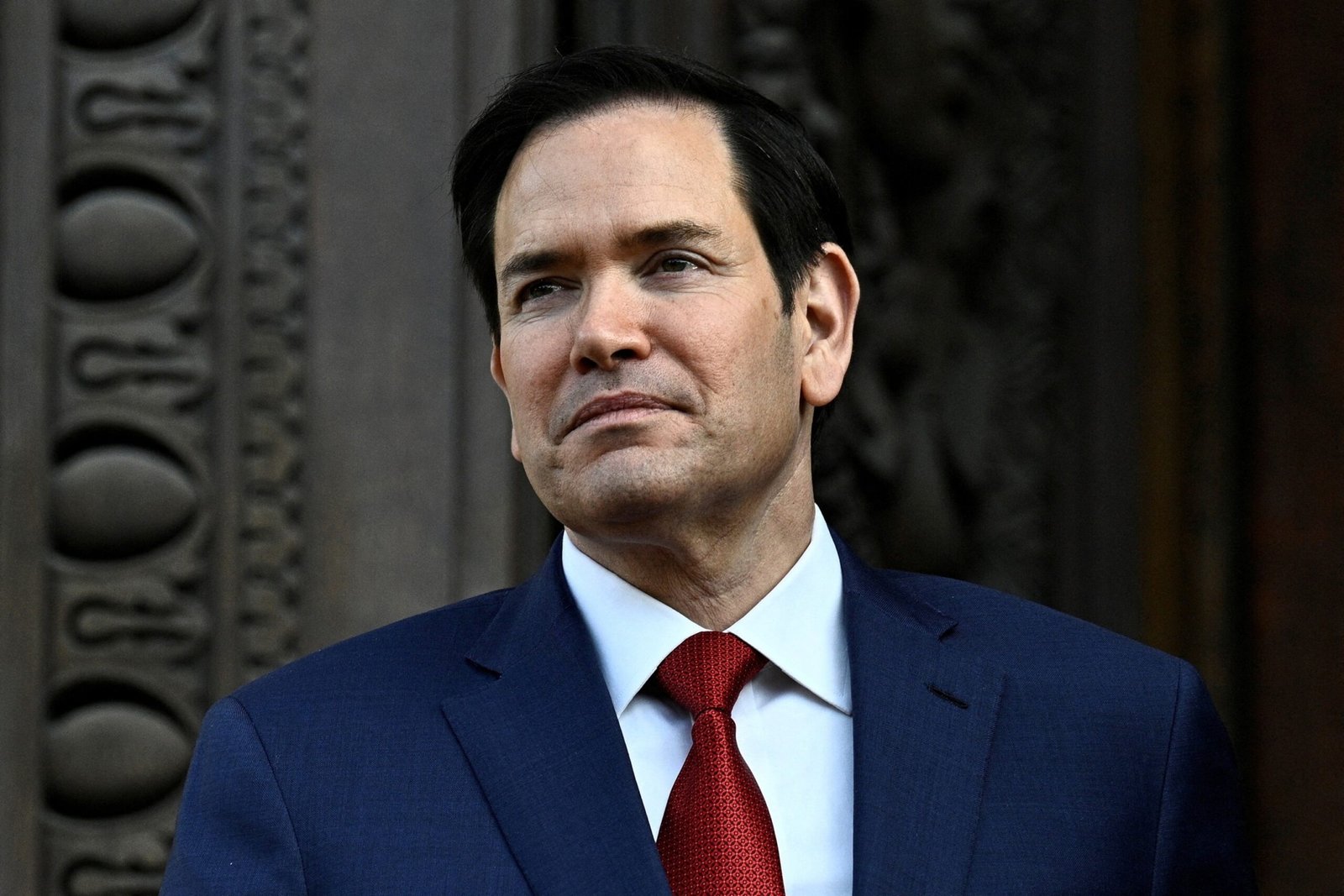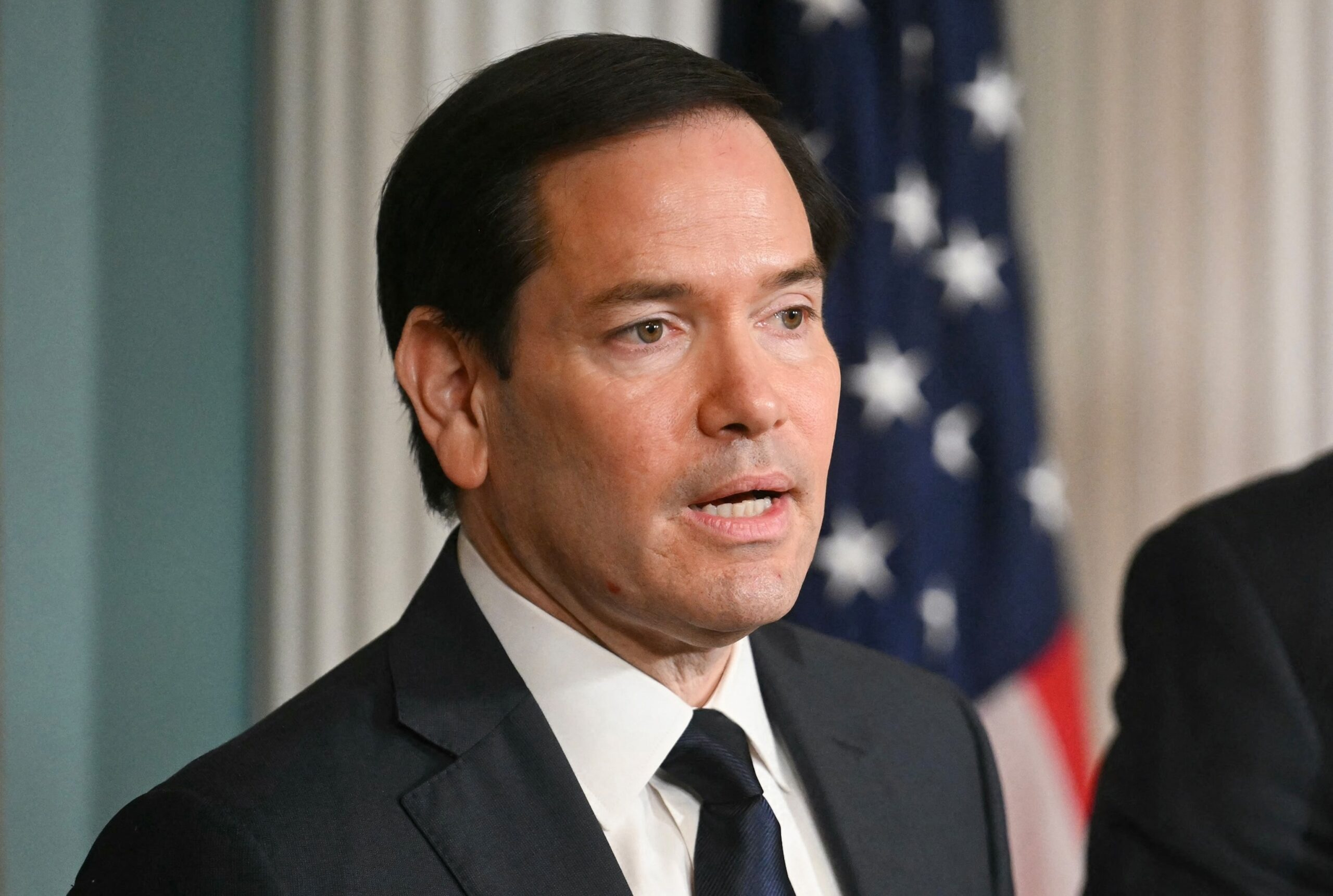How Trump’s Megabilll could affect Medicaid and who could lose coverage

As Republicans work to approve the reconciliation bill of President Donald Trump on his deadline on July 4, many are concerned about the changes that could be arriving in Medicaid.
Medicaid is a joint program of federal and state health insurance for disabled and low -income Americans. Medicare centers & Medicaid Services works with state programs to administer Medicaid, which inscribes more than 71.2 million people.
The original measure approved by the Chamber made about $ 600 billion in cuts to Medicaid, which later faced deeper cuts in the Senate.
New estimates From the project of the Congress Budget office, the federal expenditure in Medicaid will be reduced by $ 1 billion and that the current version of the bill in the Senate would increase the number of without insurance by 11.8 million by 2034.
The approval of the bill would go against Trump’s repeated promises to keep Medicaid intact.
Health policies and medical care workers say that Medicaid Strong cuts could lead to vulnerable Americans can no longer receive attention, either losing coverage or closing the centers that provide such attention.
Work requirements could result in lost coverage
The bill imposes new work requirements of 80 hours per month to Medicaid receptors with the body, from 19 to 64 years that are not dependent. These requirements include work or other approved activities, such as volunteering.
There are exemptions for parents or guardians of children under 14 and those with disabilities. According to the current text of the invoice, these work requirements will not be activated until 2026.

President Donald Trump speaks during a meeting with the Democratic Republic of the Minister of Foreign Affairs of the Congo, Therese Kayikwamba Wagner and the Minister of Foreign Affairs of Rwanda, Olivier Nduhungyrehe, at the Oval Office of the White House in Washington, on June 27, 2025.
Manuel Balce Ceneta / AP
A analysis Published last week of the UC Berkley Labor Center, he discovered that the work requirements could have a devastating impact on major Americans, between the ages of 50 and 64.
Nari Rhee, director of the Retirement Security Program at the UC Berkeley Labor Center and author of the analysis, told ABC News that after 50 years, employment becomes increasingly difficult.
For example, many older workers become physically unable to continue employment until they reach the retirement age.
“Most people expect and plan to retire to something like 65, but life happens already what happens is that people begin to have health problems,” Rhee said. “If you have had blue or manual work work, it often began working in your adolescence.
He added that some older workers who cannot do the work they used to do or who were fired have difficulty finding employment again due to age discrimination.
In addition, many older adults are responsible for the care of family members, including spouses and parents, which can mean abandoning the workplace completely.
“In practical terms, there are all kinds of legitimate reasons why, especially older adults, they may not be able to meet the work requirements in terms of really dedicating the amount of hours, and that is before we even reach all administrative problems,” Rhee said. “Even if you work, you may not be able to navigate the bureaucracy.”
AARP, a group of interests that focuses on issues that affect those over 50 in the US Affordable.
“This creates a coverage cliff for those of 50 years and early 60s, particularly for those who are retired or who work part -time, who can run out of an affordable coverage option.”
Rural Hospitals Risk, Closing Health Centers
Jennifer Mesik Kennedy, president of the American Nurses Association, said that Medicaid cuts could force rural hospitals and community health centers to close.
Although the Republicans of the Senate have proposed a rural health stabilization fund of $ 25 billion due to the cuts to the Medicaid provider tax, it is not clear if that will be sufficient to prevent hospitals from closing.
Many rural medical care centers receive income from patients covered by Medicaid and the loss of that income could be expensive.

Senator Ed Markey speaks on the Senate floor, on June 30, 2025, in Washington.
Senate TV
“These hospitals have been on the verge of narrow finances for years, and this could be enough to close them,” Mesik Kennedy told ABC News. “If we have clippings to Medicaid, we will see that these hospitals begin to close their doors, and people will have to drive three, four hours to deliver to a baby, to have emergency care to be seen, and that must be unacceptable to all.”
Arnulfo de la Cruz, president of Seiu 2015, the largest long -term care union in the country and the largest union in California, okay, saying that Medicaid cuts would affect the capacity of states to provide long -term health coverage and long -term care, particularly for rural and low -income Americans.
“Any cut to Medicaid, the impact on California would be devastating … Medicaid is really the core of how the long -term care system is structured and financed,” he told ABC News. “Medicaid helps to finance clinics, hospitals, nursing homes, home care: everything is connected as part of our health provision system. If it will be disassembled or reduced to the extent they are talking about, I think you see that the clinics close, you see that the hospitals approach, you see the nearby nursing houses.”
He continued: “I think it would have a devastating impact on the ability of Rural Californians and low -income Californians to access their medical care, increasingly sick and have to look for alternatives much more high cost.”






